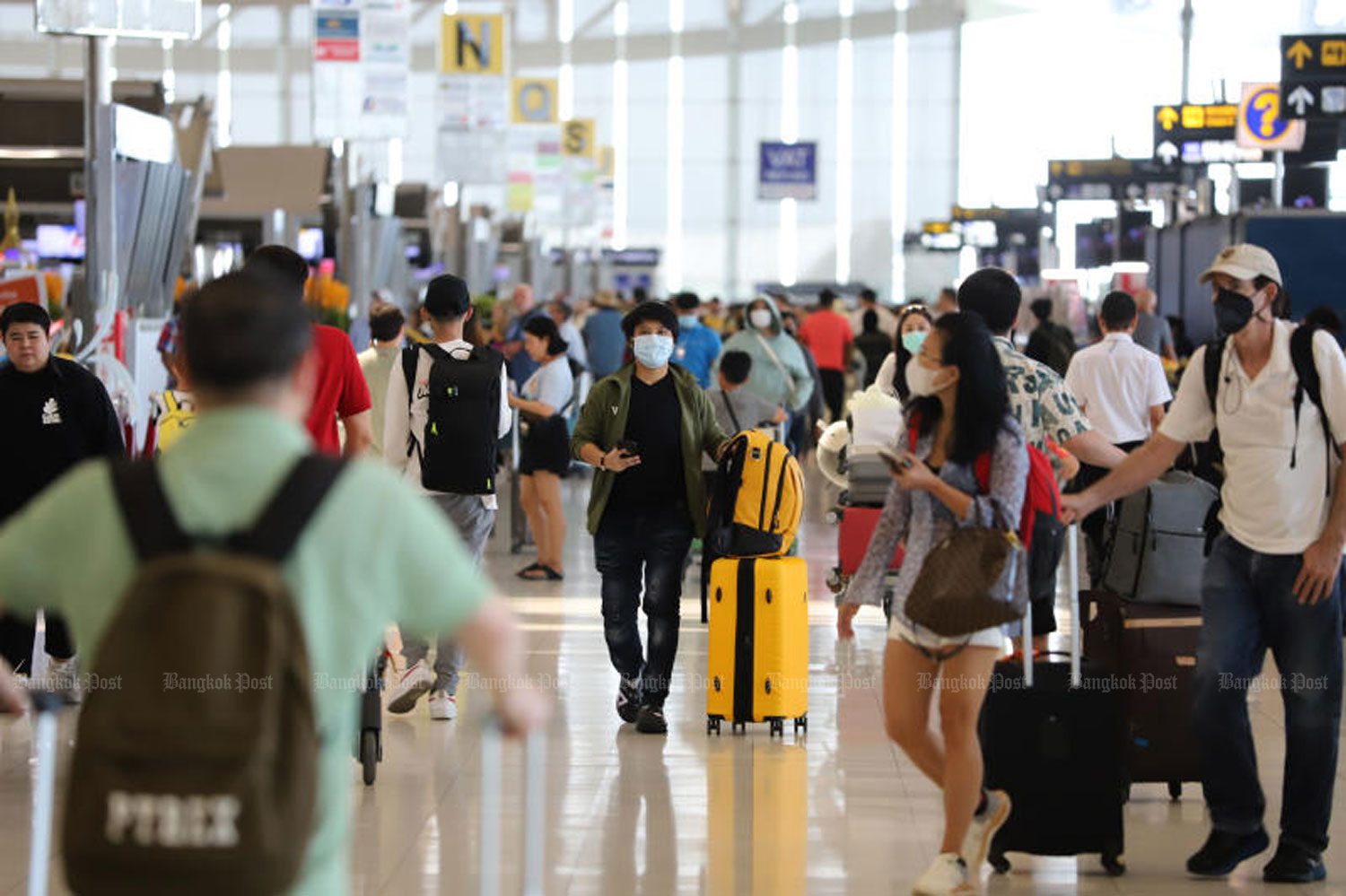
The new government is expected to decide the fate of the 300-baht tourism fee, which remains uncertain because of roadblocks from unclear implementation.
Since the cabinet approved in February the collection of a 300-baht tourism fee from foreigners visiting Thailand by air and a 150-baht fee for visitors by land or sea, the scheme has not been published in the Royal Gazette, which means there is no impetus to start the project within a specific time frame.
Tourism Authority of Thailand governor Yuthasak Supasorn said the project depends upon the decision of the new government as the fee collection methods have not been sorted out.
He said there were objections from the private sector, which asked for a more flexible time frame after the Tourism and Sports Ministry earlier this year proposed starting collection in June.
The new government is expected to revise the scheme and decide whether to continue, postpone or adjust the collection methods.
Mr Yuthasak said tourism fee collection should be postponed until the industry has fully recovered. He said the most appropriate period is to start from 2024.
A government source who requested anonymity said civil servants do not have the authority to initiate fee collection procedures alone during a government power vacuum.
There are a number of roadblocks where the new government needs to have a say, especially regarding collection methods.
The proposed measure called for embedding the fee in airfares, but airlines said this is an impractical option and the ministry has been hamstrung in trying to find feasible solutions.
Setting up automatic kiosks at airports was also discussed, but with the surge of daily arrivals, this process might cause inconvenience and provoke discontent among tourists if they face congestion at airports.
Marisa Sukosol Nunbhakdi, president of the Thai Hotels Association (THA), said hoteliers mostly support postponing the project to next year when the industry is in better shape.
She said the THA supports the scheme, but believe it should not start within this year.
"We want to reiterate our message to the new government that the timeline of this project should be revised," said Mrs Marisa.
"The structure of the fund's management must also be clear so we can explain to tourists how their money will be spent."
Regarding a memorandum of understanding signed by eight coalition parties on Monday agreeing on relisting cannabis as a narcotic, she said hotel operators are unlikely to face any impact as most of them did not invest in cannabis businesses.